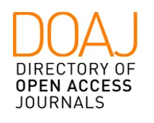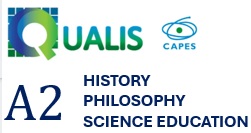Separating “Things” from “Objects” for the History of Opium Addiction
A Philosophical Reappraisal of Latour’s ANT
DOI:
https://doi.org/10.24117/2526-2270.2023.i14.03Keywords:
ANT (actor-network theory), Things, Objects, History of opium addiction, Externalist moral philosophy, Theory of interactionAbstract
Latour’s endeavor to unite the dichotomic categorizations of “objects” and “things” in the ANT-based reality has inherent limitations. Therefore, the author undertakes three enterprises. First, with the theoretical reinforcements of realist philosophy, we shall appreciate why “things” and “objects” cannot be treated as two related manifestations of the same entity. Second, by exemplifying the Victorian history of medicalized opium addiction, this article suggests a divorce of the “humanistic things” from the “nonhuman objects” through which ANT (actor-network theory) is refined by moral externalism and interaction theory to explain the about-face of British drug values. Third, the epistemological argument of how the de-unification of “things” and “objects” in ANT can facilitate us to combat the “invasions” of what Latour vehemently called the “conspiracy theorists” is explicated. Taken together, the take-home message is that the ontology of an ANT-based reality is not about contextually integrating things with objects, but about distinguishing facts from concepts.
Downloads
Published
Issue
Section
License
Copyright (c) 2023 Xianle Chen

This work is licensed under a Creative Commons Attribution 4.0 International License.












